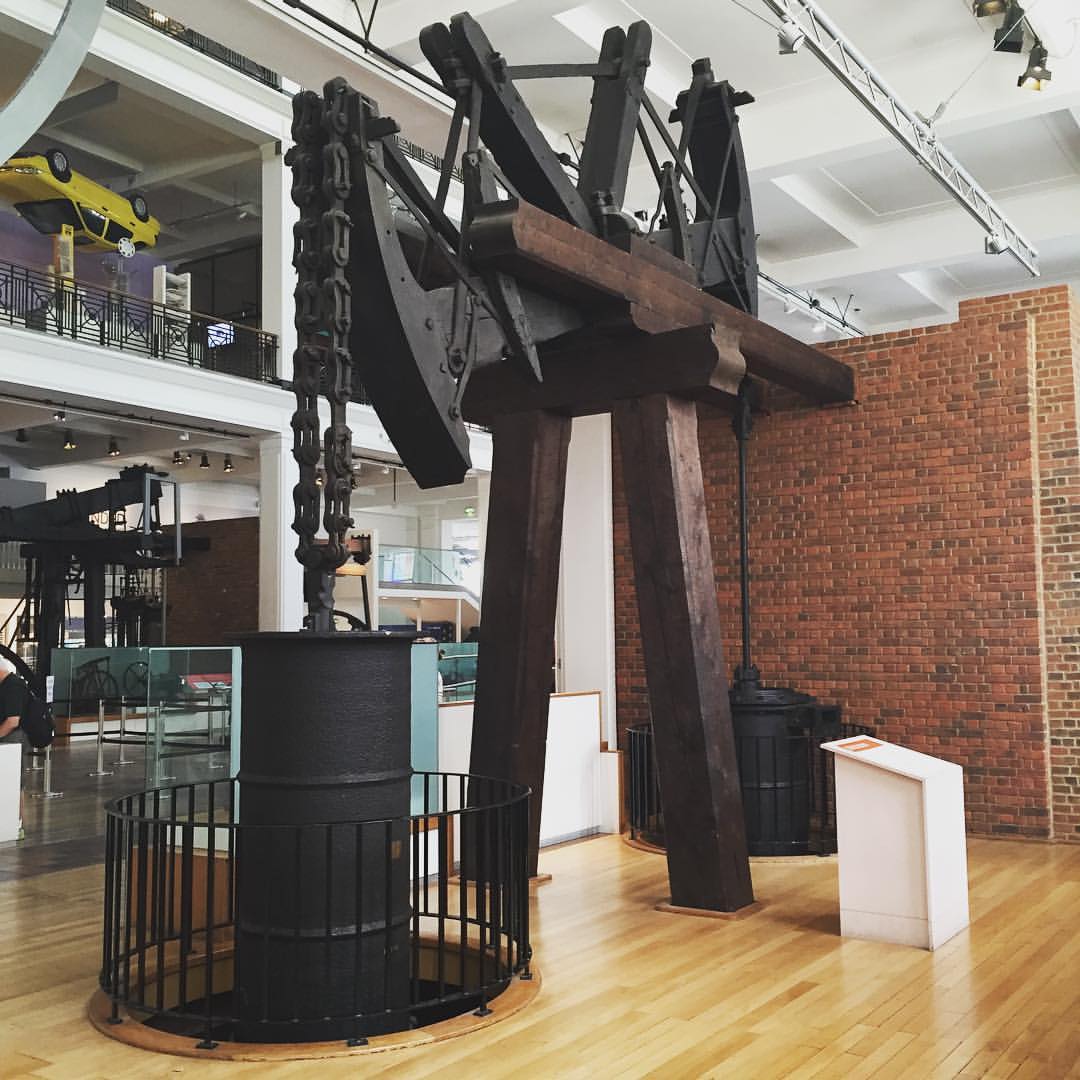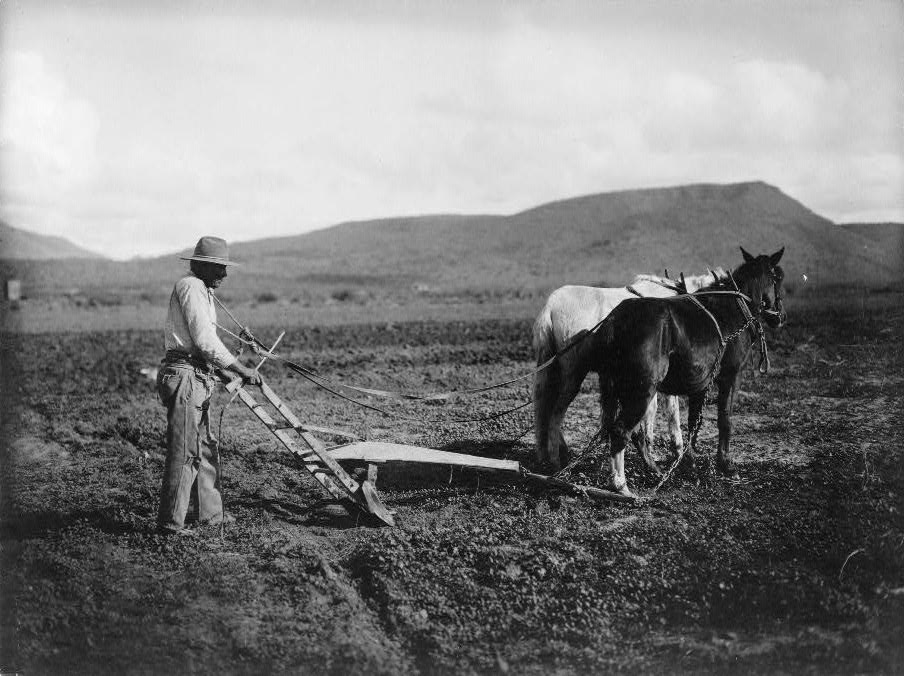
“Big tech transitions are slow (with implications for AI)” by jasoncrawford

LessWrong (30+ Karma)
Shownotes Transcript
The first practical steam engine was built by Thomas Newcomen in 1712. It was used to pump water out of mines. “Old Bess,” London Science Museum Photo by the authorAn astute observer might have looked at this and said: “It's clear where this is going. The engine will power everything: factories, ships, carriages. Horses will become obsolete!” This person would have been right—but they might have been surprised to find, two hundred years later, that we were still using horses to plow fields. Sacaton Indian Reservation, early 1900s. Library of CongressIn fact, it took about a hundred years for engines to be used for transportation, in steamships and locomotives, both invented in the early 1800s. It took more than fifty years just for engines to be widely used in factories. What happened? Many factors, including:
The capabilities of the engines needed to be improved. The Newcomen engine created [...]
First published: October 24th, 2024
---
Narrated by TYPE III AUDIO).
Images from the article:
 )
) )
Apple Podcasts and Spotify do not show images in the episode description. Try Pocket Casts), or another podcast app.
)
Apple Podcasts and Spotify do not show images in the episode description. Try Pocket Casts), or another podcast app.